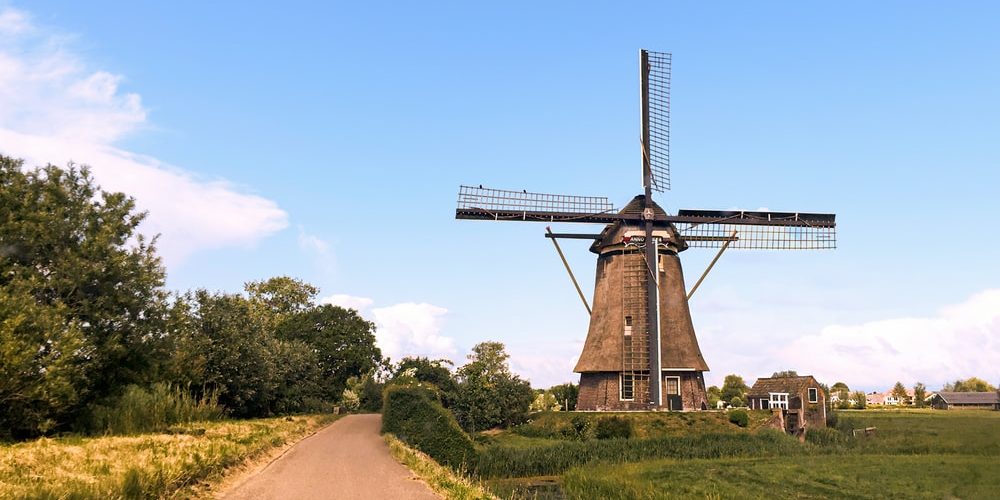The Dutch Supreme Court, Hoge Raad, has ruled that the reverse charge mechanism can only be applied if the identity of the recipient is known. The purpose of the reverse charge mechanism is to prevent VAT fraud and abuse in certain sectors, and establishing the recipient’s identity is necessary for its implementation. The case involved a BV (a private limited company) that traded metals and supplied non-ferrous metals to a German recipient who paid in cash without providing a valid VAT identification number. The BV applied the reverse charge mechanism but did not pay VAT for the deliveries in question. During an inspection, it was discovered that the BV had issued invoices to someone with a German address, and the recipient’s identity and the destination of the goods remained unknown. The tax inspector argued that without knowing the recipient’s VAT declaration and payment status, the reverse charge mechanism could not be applied. The Court of Appeal ruled in favor of the BV, but the Supreme Court disagreed. The Supreme Court emphasized that the reverse charge mechanism aims to ensure proper VAT collection in sectors susceptible to fraud, and the tax authorities need to establish the recipient’s identity for effective control and VAT collection. Therefore, the requirement to establish the recipient’s identity is in line with the purpose of the reverse charge mechanism and is not in violation of EU law.
Source: fiscaalvanmorgen.nl















